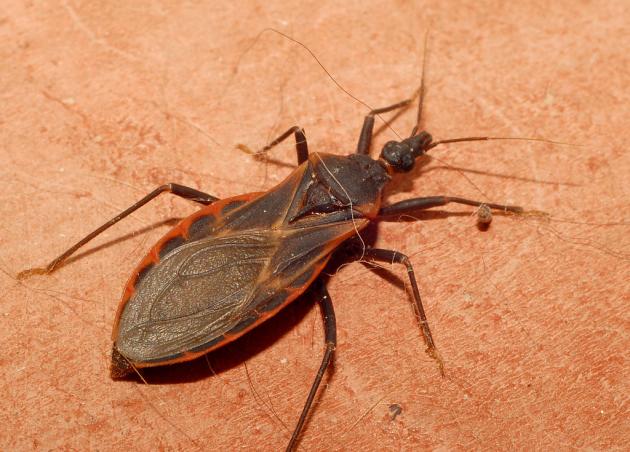The U.S. Food and Drug Administration has approved benznidadzole to be used in children age 2 to 12 years old with Chagas disease, the department said on Tuesday.

Chagas disease, or American trypanosomiasis, is a parasitic infection, which mostly comes from the assassin bug, that transmits Trypanosoma cruzi, a species of parasitic euglenoid. Contact with feces of a certain insect, blood transfusions, or from a mother to her child during pregnancy can also transfer the disease.
The disease can cause heart failure or intestinal complications, which can lead to death. It is relatively easy to cure in the early stages, but it is notoriously known as the 'silent murderer' because it does not have distinctive any signs of infection. An estimated seven to eight million people are affected by the diseases worldwide with most of the patients in South America.
Benznidadzole established its safety and efficiency during two placebo-controlled clinical trials in pediatric patients 6 to 12 years old.
According to the FDA, approximately 60 percent of children treated with benznidazole had an antibody test change from positive to negative compared with approximately 14 percent of children who received a placebo in the first trial. Results in the second trial were similar with approximately 55 percent of children treated with benznidazole having an antibody test change from positive to negative compared with 5 percent who received a placebo.
However, benznidazole is associated with serious risks including serious skin reactions, nervous system effects and bone marrow depression and can have fatal effects for pregnant women based on findings from animal studies.
“The FDA is committed to making available safe and effective therapeutic options to treat tropical diseases,” said Edward Cox, director of the Office of Antimicrobial Products in the FDA’s Center for Drug Evaluation and Research.

